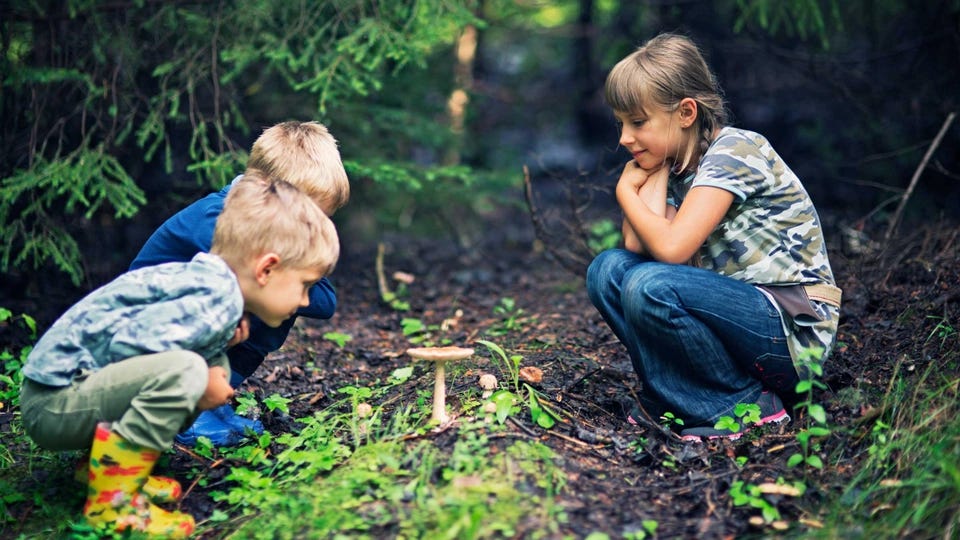Human's Extended Childhoods May Be Related To Our Ability To Obtain Food
Years of experience are required to master tasks like fishing, gathering, and hunting.
Some animals are born with the ability to stand, walk, and even run. In comparison, baby humans are much more handicapped. Upon birth, they can essentially simply cry, spit up, and defecate; they don't really start acting in a really physical way until they are many months old.
Childhood, which is a stage of life that is specific to humans and is roughly defined by weaning and the beginning of the physiological and social changes that lead to maturation, is a time of life that is unique to early humans. Other animals often grow from infancy to adulthood considerably more effortlessly, which means they don't go through a protracted transitional period from being dependent to fully independent adults. Human children, on the other hand, appear to be idle for a long time, biologically speaking. We play, act out adult life, assist our caregivers, experiment, and learn when our somatic growth slows. Why is that so? There might be a reason why humans as a species have a childhood and are a late bloomer.
According to a recent study that was just published in the journal Science Advances1, humans gradually become better at foraging for few resources as they grow older. Humans need a lot of time to learn how to forage because it is a difficult task. The authors constructed a dataset of previously published research on foraging returns, or the number of items a kid or teenager is able to find when out foraging, in order to analyze this. It contained information from 714 children and teenagers representing 28 different societies, including the Martu in Australia and the Hadza in Tanzania, as well as the Cree and Inuit in North America.


